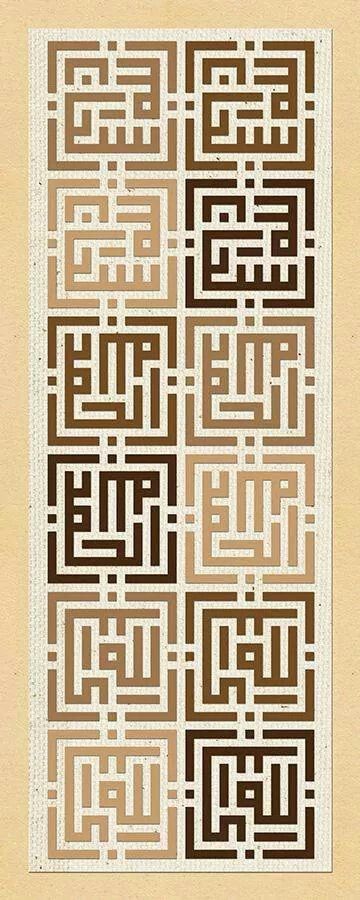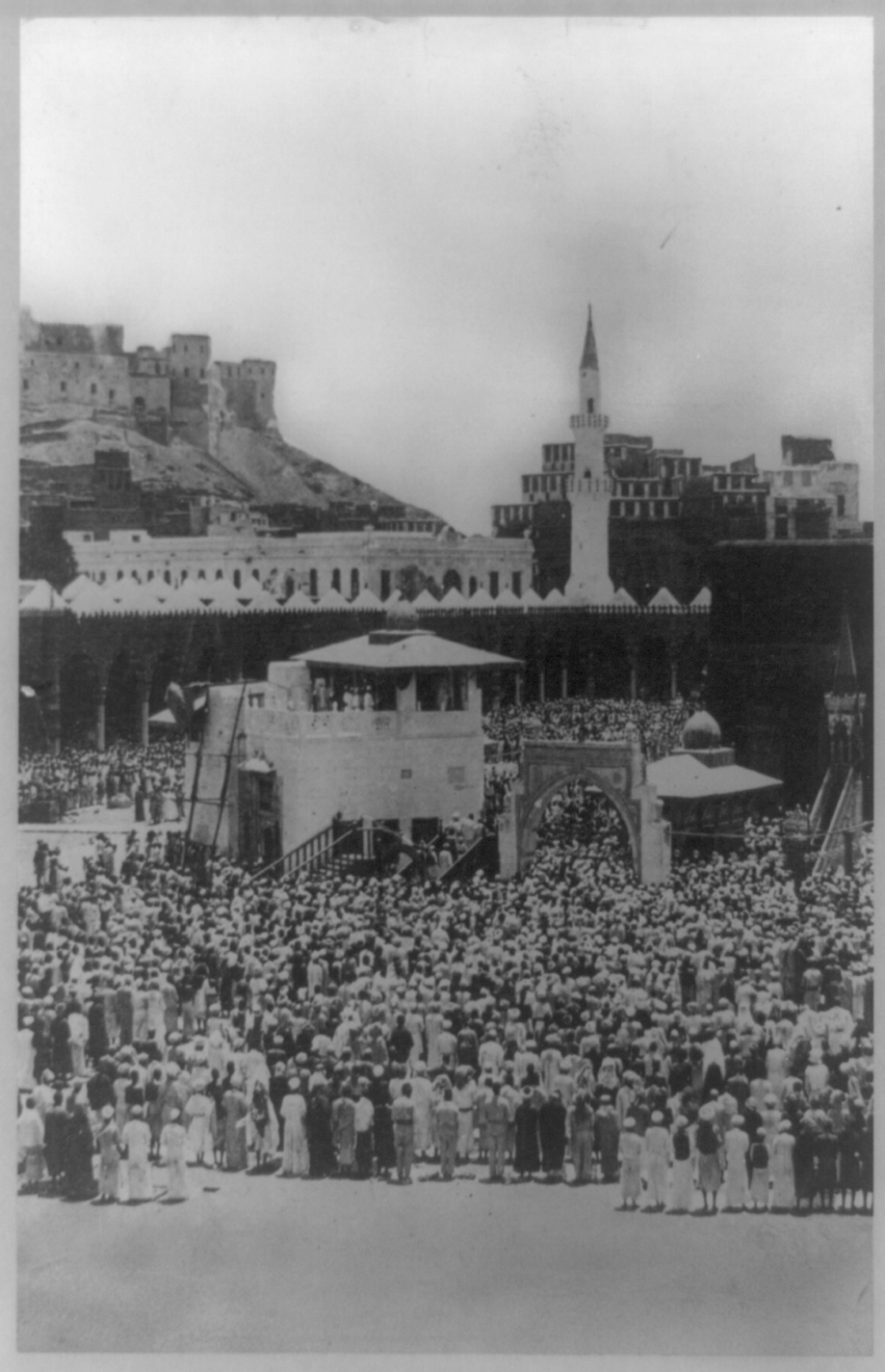The Sunnah Of 40 Hadith


The various narrations on the virtue of memorising, preserving and teaching forty hadiths.
Some of the narrations are as follows:
من حفظ على أمتي أربعين حديثاً من أمر دينه بعثه الله يوم القيامة فقيهاً عالماً
Translation: Whosoever memorises and preserves for my people forty hadith relating to his religion, Allah will resurrect him on the Day of Judgment as a jurist and religious scholar. [narrated from Ibn `Abbās, Anas and Abu Hurairah (R.A)][1]
من حفظ على أمتي أربعين حديثاً من السنّة حتّي يؤدّيها إليهم كنت له شفيعا أو شهيدا يوم القيامة
Translation: Whosoever memorises and preserves for my people forty hadith relating to the sunnah and he conveys it to them, on the Day of Judgment I shall be an intercessor or a witness for him [narrated from Ibn Umar (R.A)][2]
من نقل عني إلي من يلحقني من أمتي يربعين حديثا كتب في زمرة العلماء وحشر في جملة الشهداء
Translation: Whosoever transmits from me to my people who come after me forty hadith, he will be written in the company of religious scholars and he will be resurrected with the group of martyrs. [narrated from Ibn `Umar][3]
من حفظ على أمتي أربعين حديثا من السنة كنت له شفيعا يوم القيامة
Translation: Whosoever memorises and preserves for my people forty hadith relating to sunnah, I will intercede on behalf of him on the Day of Judgement. [narrated from Ibn `Abbas (R.A)][4]
من حفظ على أمتي أربعين حديثا ينفعهم الله عز وجل بها قيل له: ادخل من أي أبواب الجنة شئت
Translation: Whosoever memorises and preserves for my people forty hadith by which Allah benefits them, It will be said to him: Enter by whichever of the doors of paradise you wish. [narrated from Ibn Mas`ūd (R.A)][5]
من حفظ على أمتي أربعين حديثا من أمر دينها بعثه الله فقيها وكنت له يوم القيامة شافعا وشهيدا.
Translation: Whosoever memorises and preserves for my people forty hadith relating to their religion, Allah will resurrect him on the Day of Judgment a jurist and I shall be an intercessor and a witness for him [narrated from Abū Dardā (R.A)][6]
من حفظ على أمتي أربعين حديثا مما يحتاجون إليه من الحلال والحرام كتبه الله تعالى فقيها عالما..
Translation: Whosoever memorises and preserves for my people forty hadith relating to the halal and haram, the knowledge of which they require, Allah will resurrect him on the Day of Judgment a jurist and a religious scholar [narrated from Anas (R.A)][7]
من ترك أربعين حديثا بعد موته فهو رفيقي في الجنة
Translation: Whosoever leaves (a legacy of) forty hadith after his death (for the people to benefit from), he will be my disciple in paradise [narrated from Jābir ibn Samurah (R.A)][8]
من حفظ على أمتي أربعين حديثا فيما ينفعهم من أمر دينهم بعث يوم القيامة من العلماء، وفضل العالم على العابد سبعين درجة، الله أعلم بما بين كل درجتين
Translation: Whosoever memorises and preserves for my people forty hadith which will benefit them in regards to their religion, Allah will resurrect him on the Day of Judgment among the religious scholars. And the excellence of a religious scholar over a (non-scholar) worshipper is of seventy degrees. Allah knows best that which is between two degrees. [narrated from Abū Hurairah (R.A)][9]
The hadiths on the virtue of memorising and transmitting forty hadiths have been transmitted by thirteen different companions, including,`Alī bin Abī Tālib, `Abd Allah bin Mas`ūd, Mu`āz bin Jabal, Abū al-Dardā, Ibn `Umar, Ibn `Abbās, Abū Hurairah and Abū Sa`īd al-Khudrī (may Allah be please with them all).
Many Great hadith scholars took up this Sunnah and thus they have authored various books containing forty hadiths in order to gain what the prophet (saws) promised. These scholars include Abd Allah bin al-Mubārak, Muhammad bin Aslam al-Tūsī, al-Hasan bin Sufyān al-Nasā`I, Abū Bakr al-ājrī, Abū Bakr bin Ibrāhīm al-Asfahānī, al-Darqutnī, al-Hākim, Abū Nu`aym, Abū Abd al-Rahmān al-Salamī, Abū Sa`īd al-Mālīnī, Abu Uthmān al-Sābūnī, Abd Allah bin Muhammad al-Ansārī, Abū Bakr al-Bayhaqī and an-Nawawī (may Allah have mercy on them all) [10].
[1] [Jāmi` bayān al-`ilm wa fadh`lih, 1: 194; Kanz al- `Ammāl, 10: 136 (29182), Dar Ihyā al-Turath
[2] [Jāmi` bayān al-`ilm wa fadh`lih, 1: 193]
[3] [Kanz al- `Ammāl, 10: 137 (29191), Dar Ihyā al-Turath
[4] - Jāmi` bayān al-`ilm wa fadh`lih, 1: 196]
[5] – Hilyat al-Awliyā, 4: 189 Kanz al- `Ammāl, 10: 137 (29186), Dar Ihyā al-Turath
[6] - Shu`ab al-īmān, 3: 240; Abū Sa`īd - Kanz al- `Ammāl, 10: 137 (29184), Dar Ihyā al-Turath]
[7] - Kanz al- `Ammāl, 10: 137 (29189), Dar Ihyā al-Turath]]
[8] - Kanz al- `Ammāl, 10: 137 (29192), Dar Ihyā al-Turath]]
[9] - Shu`ab al-īmān, 3: 239 Kanz al- `Ammāl, 10: 136 (29183), Dar Ihyā al-Turath]
[10] - [muqaddimat li-Arba`ūn al-Nawawiyah]



